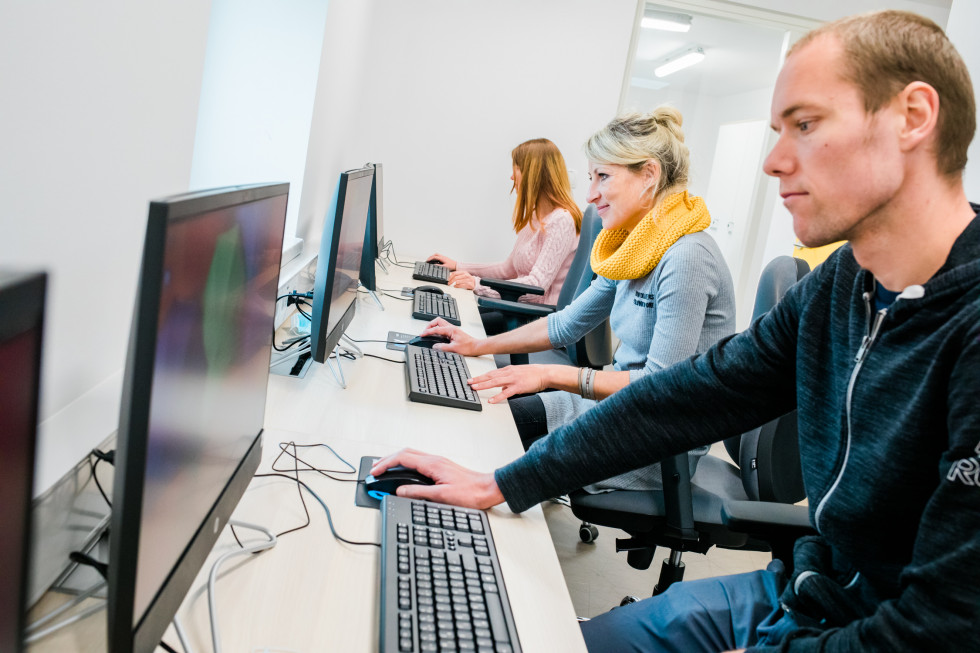EU funding for non-formal education and training
The Employment Service of the Republic of Slovenia will include unemployed people in training and education programmes within the framework of the EU-funded project. The aim of the project is to ensure faster activation of unemployed people and to increase their employability by improving their basic skills and improving the conditions for entering the labour market. Unemployed people will be able to participate in basic digital literacy programmes and higher levels of digital skills programmes. Participants will also be able to take part in specific training courses on green jobs, where they will acquire knowledge and skills in areas such as reducing waste and pollution, protecting the environment and restoring ecosystems, improving energy and raw material efficiency, limiting greenhouse gas emissions and adapting to climate change.
By the end of this year, an estimated 1,272 unemployed people from the target groups will have been enrolled in non-formal education and training, of whom an estimated 287 will have been employed, and by the end of the project implementation in December 2028, an estimated 7,620 unemployed people will have been enrolled in the project, of whom at least 1,723 will have been employed.
The project Non-formal education and training is implemented in the framework of Slovenia’s Cohesion Policy Programme 2021-2027, under the priority Skills and a responsive labour market. The project pursues the ESF+-specific objective Improve access to employment and activation measures for all jobseekers in the labour market, in particular young people, especially through the implementation of the Youth Guarantee, for long-term unemployed people, disadvantaged groups, and inactive people, and promote self-employment and the social economy.
The project, worth 8,851,556 euros, will receive almost 7 million euros of European Social Fund Plus support, more specifically, 6,731,732.75 euros.

